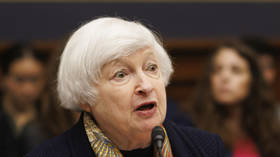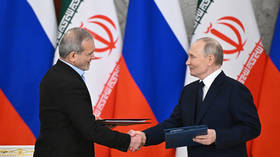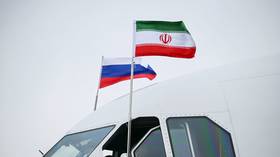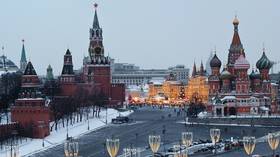EU states demand doubling down on ineffective Russia sanctions
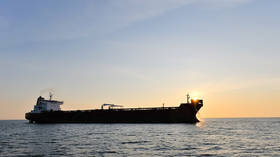
Six EU member states have urged the European Commission to lower the $60-per-barrel price cap on Russian oil in order to eliminate Moscow’s revenues, Reuters reported on Monday. The measure, introduced by the G7 two years ago, has failed to achieve that goal, according to a joint letter cited by the news agency.
Western governments have hit Russia with a barrage of sanctions over the Ukraine conflict. Among the measures, they have introduced a $60-per-barrel price cap, along with an embargo on Russian seaborne oil in an attempt to hurt the country’s economy, while at the same time keeping Russian crude flowing to global markets so as not to trigger a price shock.
In a letter to the commission cited by Reuters, Sweden, Denmark, Finland, Latvia, Lithuania and Estonia have claimed that the measures targeting revenues from the export of Russian oil are “crucial” since they reduce the country’s most important income source.
“We believe now is the time to further increase the impact of our sanctions by lowering the G7 oil price cap,” the countries reportedly stated in the letter.
The G7 price ceiling was set at $60 per barrel of Russian crude and for petroleum products, at $100 per barrel of premium-to-crude products, and $45 per barrel for discount-to-crude products.
These price caps have remained unchanged since December 2022 and February 2023 when they were introduced; market prices for Russian crude were below that level, on average, in 2023 and 2024.
The six EU countries claimed in their letter that the global oil market is “better supplied today” than in 2022, reducing the risk that a lower price cap would cause a supply shock.
“In view of limited storage capacity and its outsized dependence on energy exports for revenue, Russia has no alternative but to continue oil exports, even at a substantially lower price,” the letter reportedly stated.
The Ukraine conflict-related measures ban Western companies from providing insurance and other services for shipments of Russian crude, unless the cargo is purchased at or below the price cap.
The EU has also passed a 15th sanctions package targeting Moscow’s so-called ‘shadow fleet’ of transport vessels, which has continued to operate after the US and its allies banned Russian ships from obtaining insurance in the West and imposed a price cap on oil sales, to no effect.
In response to the Western sanctions, Moscow has banned Russian enterprises from complying with the cap and rerouted most of its energy exports to Asia, particularly India and China.
Western officials have repeatedly acknowledged that Moscow has been successfully sidestepping the cap, as “almost none” of the crude shipments have been sold at or below the price limit, dealing a blow to Western efforts to curtail Russia’s energy revenues.
A group of Western insurers has previously said that the price cap has become unenforceable and only pushed more ships into joining the shadow fleet.
